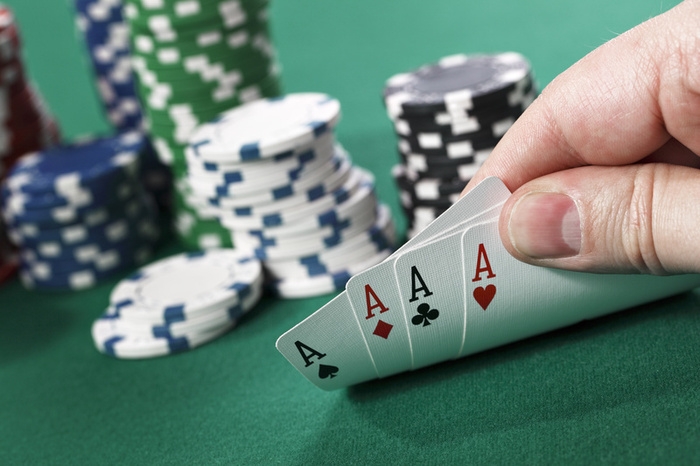
If you have the dubious pleasure of discussing gambling with a gambling addict he will tell you that he can win. He will tell you exactly what he is going to do to make it happen and it will always be utterly flawed. The gambler, however, is perennially convinced he will triumph.
There is a lot of literature on how to win at gambling – most of it rubbish. Some of the great works of maths were invented to understand and beat odds. The whole area of probability was invented to model and explain gambling systems. But gambling is an exact science and that science means gamblers lose and the house wins. It is so inevitable that casinos are among the richest, most complicated and profitable entities on Earth.
The gambler very rarely studies probability, yet he will assure you that next time he will win. If you tell him to read up on the maths of gambling he will likely tell you he cannot be bothered. This is an expensive and obvious mistake.
So let’s now discuss trading or investing in shares. Have you read books on the maths of investing or trading? The answer is probably no. In finance, traders and investors will likely tell you that the theory is nonsense; that the great theoretical minds of finance are talking rubbish. So why bother reading up on things like that? The truth is that traders are mainly gamblers too.
The key is to arm yourself with knowledge. Knowing the basics of investment theory will save you from making costly mistakes. The core idea of the stock market trading is that prices move randomly. Whether the price goes up or down in the next minute or hour or day, is, was and will be wholly unpredictable. This is hard to believe and also saddening. It is, however, logical. If price movements were not random, you could predict the future and grab the profit. This trading idea would be discovered by others who could preempt your trade by taking a slightly less profitable price. Someone else might then pre-empt that person’s trade. This process would continue on until their profits from trading dwindled to nothing.
Competition between traders randomizes price moves. Most gamblers on the stock market will argue that this is rubbish, but the logic is irrefutable. You can test this yourself by looking at the day-by-day price movements of a share and seeing if any one day or run of days predicts the performance of a day in the future. You will not find it because floors full of maths PhDs in investment banks are looking for things like that all day long. They are the queue-jumping army that makes the market random.
So what do you do? A hint is in the name of the theory: the efficient market hypothesis. The keyword is efficient. The busier the market (on a normal day), the more efficient the market. The busier a market, the more queue jumping goes on; the more absolutely random the behaviour.
But not all markets are efficient all the time or totally efficient at all. So to trade and make a profit you need to find markets that run inefficiently, or times when efficient markets trade inefficiently. When might that be? When a market crashes, nobody wants to play. The market becomes inefficient and you can buy and sell for a predictable outcome. That predictable outcome is: life will return to normal in the future.
One source of inefficiency comes from extreme events. Another example is when traders make a massive trading mistake and mess up the market. These are called fat-finger trades and disrupt the market for a few seconds or a minute. For example, a trader wants to sell $10,000 of stock but instead sells $10 million by typing in too many zeros. It trashes the share price and the astute trader can buy undervalued goods and then watch the price recover. Finding inefficiencies is difficult but they are there. The astute trader needs to search long and hard to find them.
What is not random is the value slowly seeping into the market every day as a result of the efforts of people who work at and run companies. This value is added to the random bucking bronco of a share’s price. On average it is roughly 0.03 percent a day for a company. On average it is 7 percent a year. As the randomness of the market causes share price to fluctuate about 1.2, perhaps even 10 percent a day, this 0.03 percent is slowly buoying up the average company’s value. As such, the trick to making money while investing is accepting randomness while finding a company where share value rises by more than 0.03 percent per day. It is a tough business that requires patience but this, not gambling on what is hot and what is not, is the road to great wealth.
By Clem Chambers



